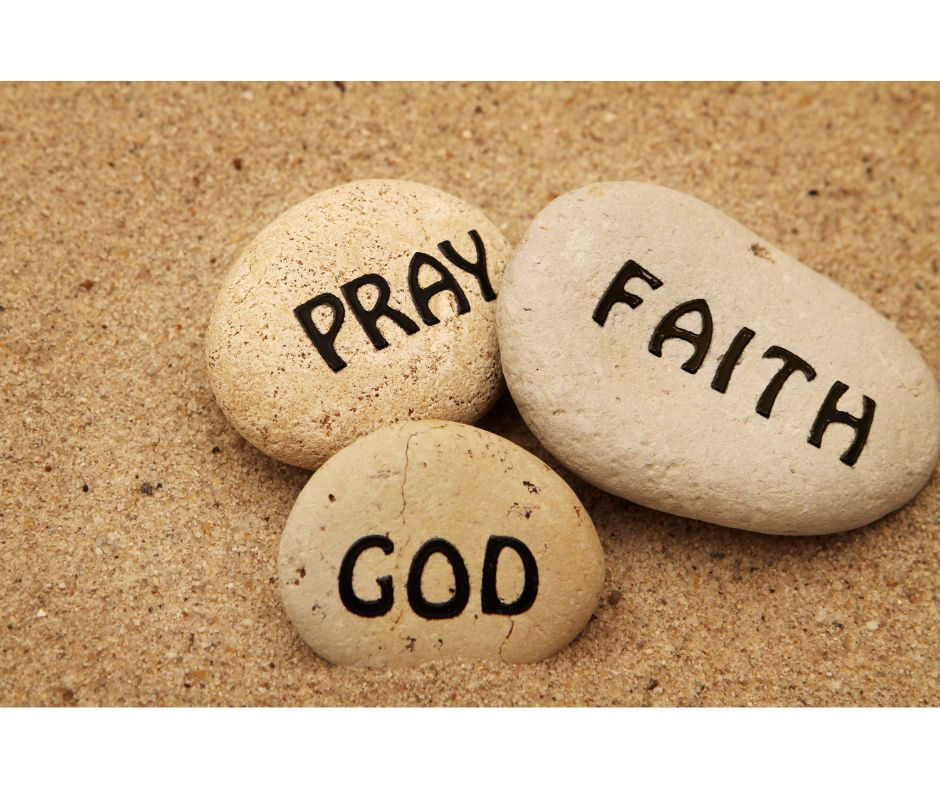Coping Strategies: Thriving Through Adversity - Exploring Positivity in Black Communities
- Dr. Kim (your wellness bestie)

- Sep 20, 2023
- 3 min read

Hello lovely people! Welcome to Beyond the Blue Coach, your premier haven for well-being, alongside your wellness bestie, "Dr. Kim."
Today I want to talk of some Coping Strategies that have been adopted in the black community.
Life is a complex show of challenges and triumphs, but for Black individuals, navigating a world rife with systemic racism, discrimination, and various stressors can be especially trying. However, throughout history, Black communities have exhibited remarkable resilience, often developing unique and effective coping mechanisms to not just survive but thrive.
In this blog post, we'll explore some of the positive coping mechanisms that Black individuals have honed to navigate these formidable challenges.
From communal support systems to cultural pride, these strategies not only promote individual well-being but also contribute to the collective strength of Black communities worldwide.
Community and Family Bonds

One of the most remarkable aspects of Black culture is the emphasis on community and family.
In the face of adversity, Black individuals often lean on strong familial ties and tight-knit communities for support.
These bonds provide emotional sustenance and a sense of belonging that helps individuals weather life's storms.
Black families have a rich tradition of extended networks, with aunts, uncles, and grandparents playing integral roles in a child's upbringing.This support system not only provides practical assistance but also nurtures a deep sense of connection and belonging, promoting resilience in the face of adversity.
Spirituality and Faith

For many Black individuals, spirituality and faith are powerful sources of strength and resilience.
Historically, the Black church has been a cornerstone of the community, offering not only religious guidance but also a space for social and political empowerment.
The act of coming together to worship, pray, and sing spirituals can be deeply cathartic, providing solace and hope in the face of discrimination and stress.
Cultural Pride and Identity

Embracing one's cultural heritage and celebrating Black identity is another crucial coping mechanism.
By taking pride in their roots, Black individuals gain a sense of self-worth and resilience.
Cultural events, festivals, and art forms like music, dance, and literature have been integral in fostering this pride and strengthening the community's resolve.
Mentorship and Role Models

Mentorship is a powerful mechanism for personal growth and resilience.
Black individuals often seek out mentors and role models who have overcome adversity and achieved success.
Seeing someone who looks like them excel in various fields serves as a source of inspiration, reinforcing the belief that success is attainable despite the obstacles.
Education and Knowledge

Education has long been recognized as a pathway to empowerment.
Black individuals have a rich tradition of valuing education as a means to break the cycle of discrimination and disadvantage. By pursuing knowledge and excellence, individuals gain the tools to challenge systemic injustices and create positive change within their communities.
Artistic Expression

Art has been an essential outlet for self-expression and healing within Black communities.
Music, dance, literature, and visual arts provide platforms for artists to channel their experiences and emotions.
These artistic expressions not only promote healing but also serve as a medium to educate and inspire others.
Resilient Activism

Throughout history, Black individuals and communities have shown incredible resilience through activism.
The Civil Rights Movement, for example, showcased the power of peaceful protest, civil disobedience, and advocacy for equality.
Today, this legacy lives on in various movements advocating for social justice, pushing for meaningful change, and providing hope for a brighter future.
The history of Black individuals is a testament to the power of positive coping mechanisms in the face of adversity. By drawing strength from their communities, faith, culture, education, and activism, Black individuals have not only survived but thrived. These coping mechanisms not only serve as sources of individual resilience but also contribute to the greater strength and unity of Black communities worldwide.
As we celebrate these remarkable coping strategies, it is essential to recognize the profound resilience and resourcefulness of Black individuals and communities throughout history and today.





Comments